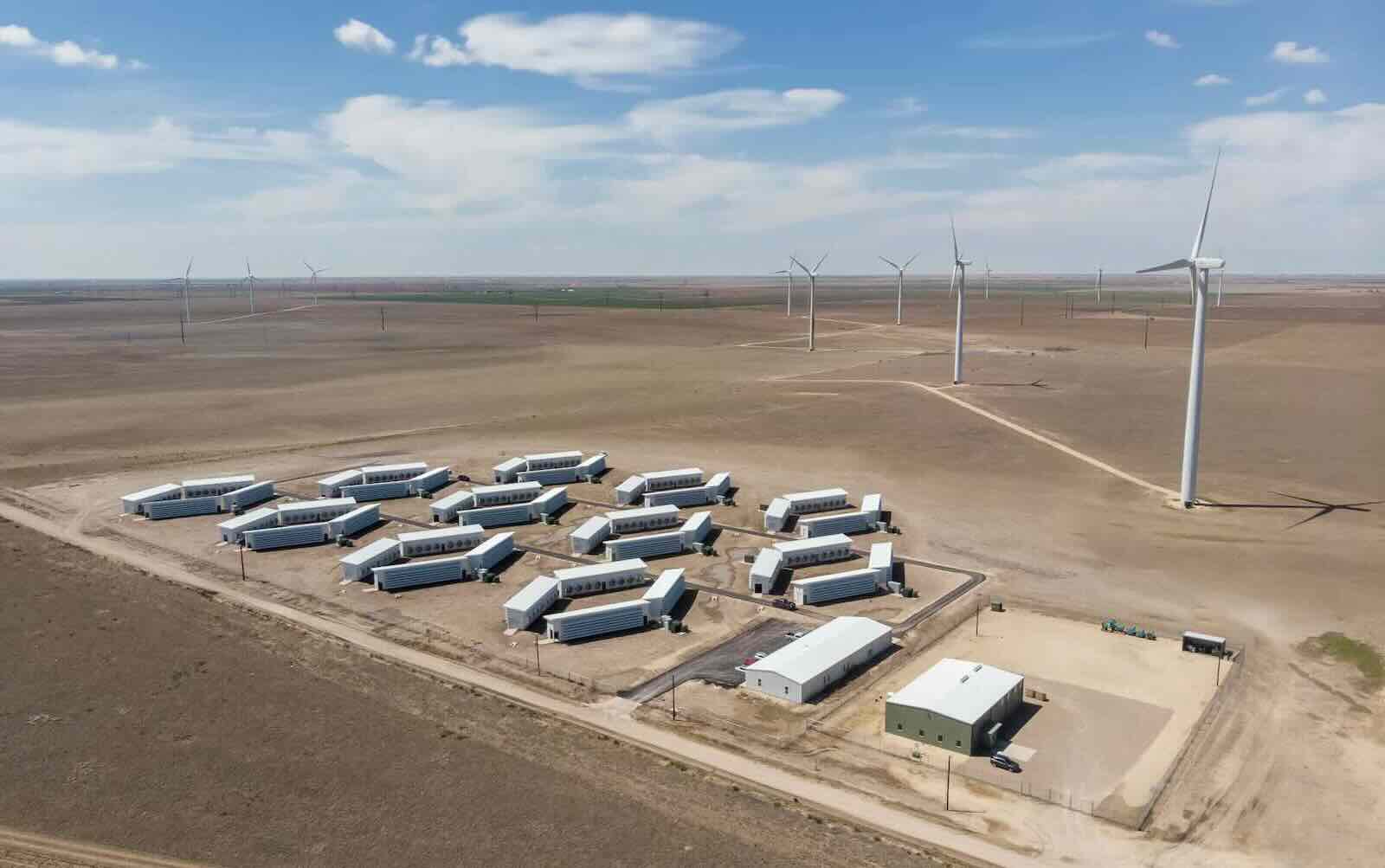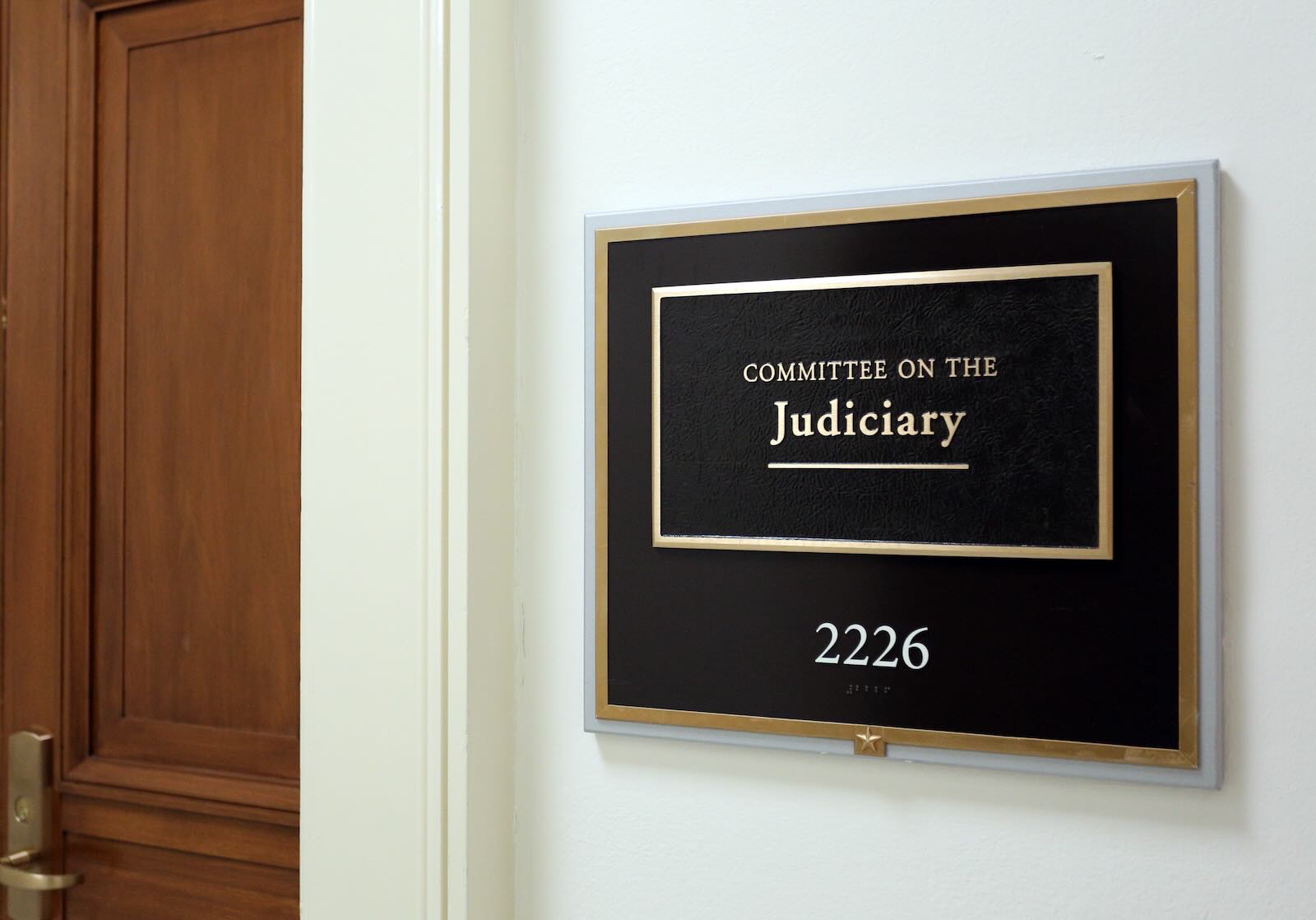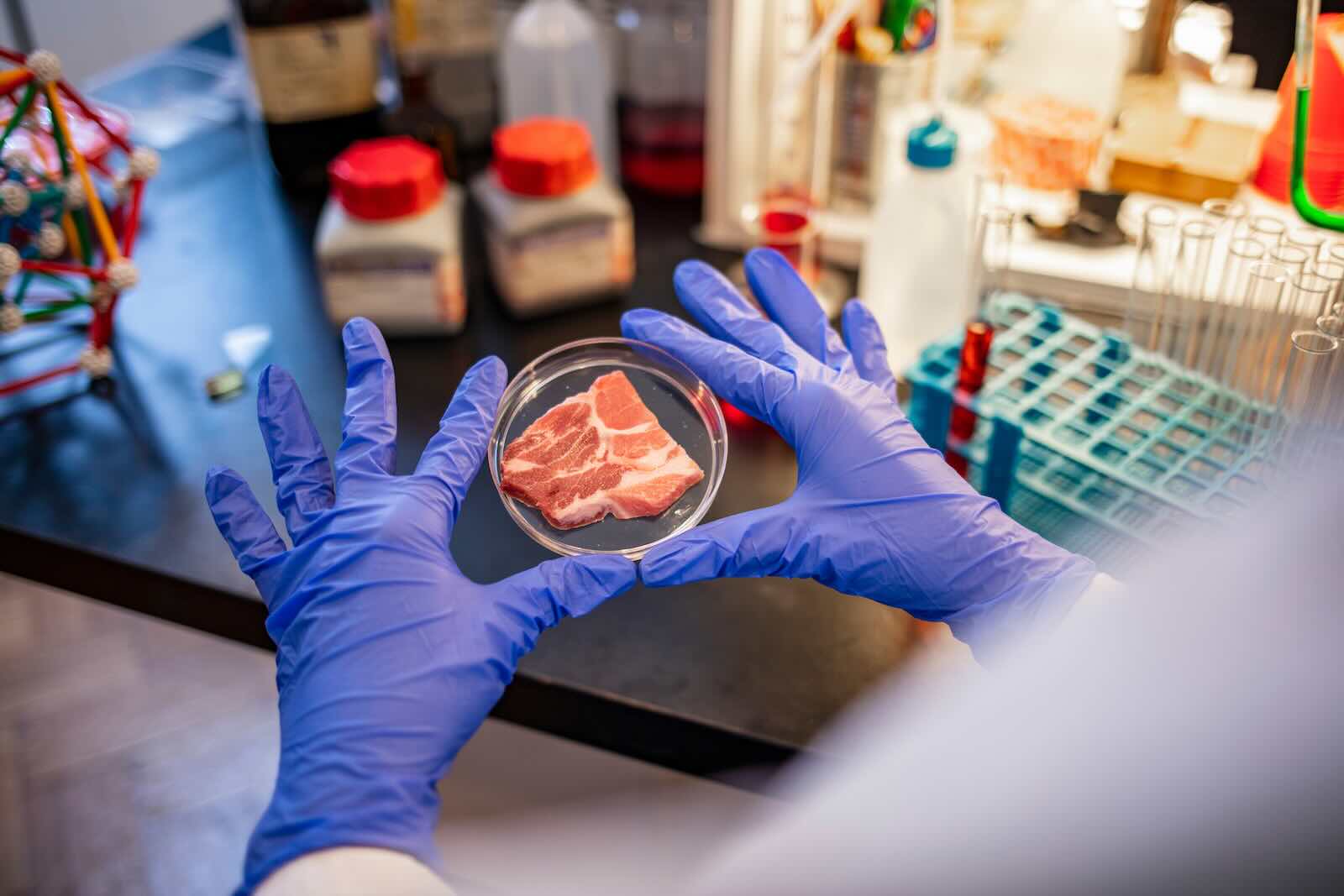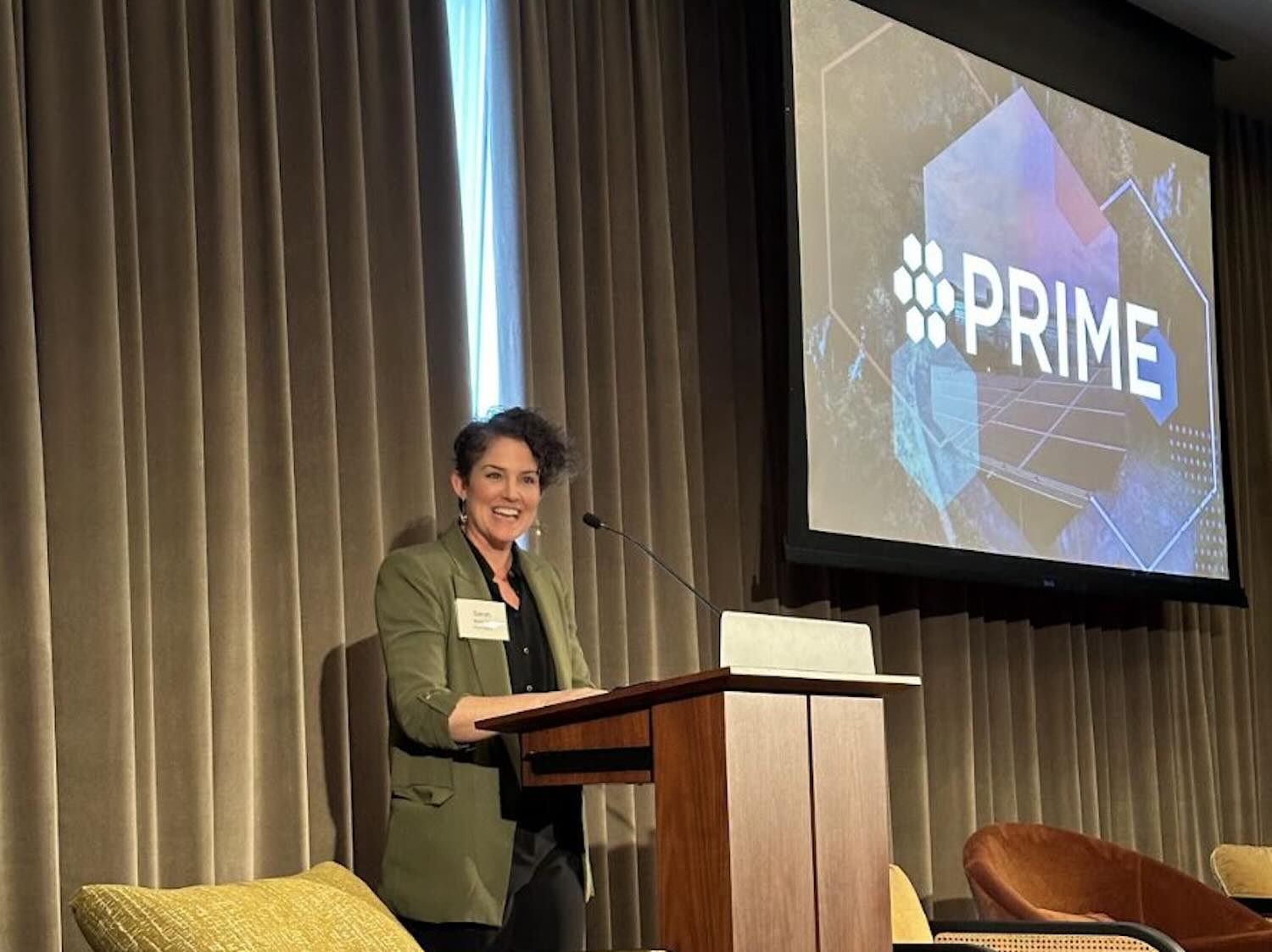Microsoft’s sustainability report last week underscored the downside of energy-hungry AI applications: the tech giant’s greenhouse gas emissions rose by 30%, at the expense of its ambitious climate goals, as it invested heavily in new data centers.
Soluna Holdings develops and operates data centers that are co-located with wind, solar or hydro-powered energy and makes use of the surplus energy they often produce. The Albany, New York-based company received a commitment of up to $30 million from Boston-based Spring Lane Capital to finance new data centers and expansions, including a potential expansion of Soluna’s “Project Dorothy” in Texas.
“We’ve been backing the company and their projects for a couple of years and we’re really excited about what they’re bringing to the table,” Spring Lane’s Rob Day told ImpactAlpha. “This was very much a crypto story, and now it’s very much an AI story – it just happened sooner than we expected.”
Additionality
Soluna, founded by former wind power developers, is designed to address challenges that plague renewable energy producers and threaten their viability. For example, when a glut of wind or solar power overwhelms the grid and depresses prices, producers often ratched back their production – what’s known as “curtailment.” As much as a third of renewable power can be wasted.
“That’s a major problem if you are trying to get more wind and solar farm developers to build the next one,” notes Day.
By offtaking surplus power, Soluna enables producers to continue generating power – and profits. When demand (and prices) skyrocket, Soluna’s data centers don’t operate. That makes them suited to batch processing applications, such as training the voracious large language models that inform AI engines.
Soluna also offers energy producers attractive power purchase agreements, and its modular data centers can be air-cooled, saving energy. “This is the first true positive additionality when it comes to AI and computing and climate,” says Day.











